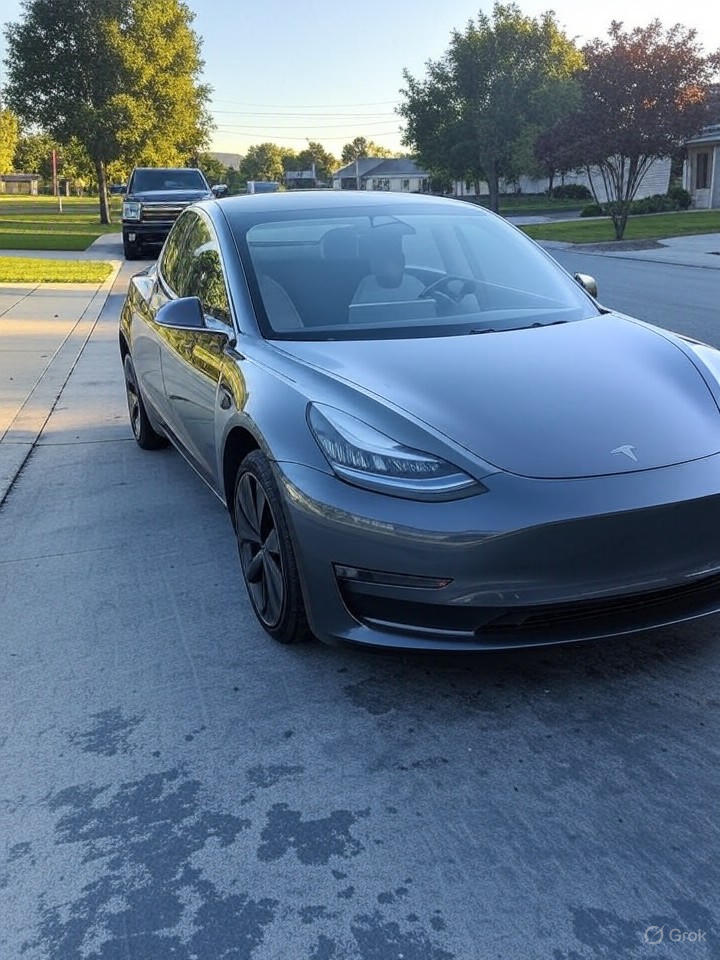Tesla electric vehicles are rewriting the rules on fuel costs, offering monthly expenses around $64 compared to $137 for traditional trucks like the Chevy Silverado. With maintenance and regional incentives factored in, Tesla emerges as a prime contender for drivers looking to cut costs and reduce their environmental footprint.
Tesla EVs Slash Costs: $64 Fuel vs. $137 for Gas Trucks

Key Takeaways:
- Tesla EVs cost roughly $64 for 1,000 miles compared to $137 for gas trucks
- Maintenance costs for EVs are generally lower than traditional vehicles
- Region-specific incentives can further reduce ownership expenses
- Tesla’s cost savings underscore its leadership in sustainable transportation
- Electric vehicles offer a powerful alternative to gas-powered options
Introduction
Electric vehicles are not only redefining the automotive industry from a sustainability standpoint—they are also making a compelling case from a purely financial perspective. Tesla’s recent comparisons of monthly fueling expenses place its electric models well ahead of traditional gas-powered trucks like the Chevy Silverado.
Fueling Costs
For every 1,000 miles of driving, a Tesla driver can expect to pay around US$64 for charging, whereas fueling a gas-powered truck can climb to about US$137. This gap is significant and underscores how EV technology has evolved to provide more efficient alternatives for everyday drivers.
Maintenance and Incentives
One often overlooked aspect of electric vehicle ownership is maintenance: EVs typically have fewer moving parts and demand less upkeep than internal combustion engines. Furthermore, regional incentives—such as tax credits or rebates—can slash overall costs even further, making Tesla’s financial advantage even more pronounced depending on where drivers live.
Tesla’s Cost Leadership
From fewer service requirements to efficient home charging solutions, Tesla’s approach has positioned the company as a cost leader in sustainable transportation. By combining lower monthly fueling expenses and potential tax incentives, Tesla remains at the forefront of the EV market, offering consumers a cleaner and more economical solution.
Broader Implications
As electric vehicles continue to evolve, traditional automakers will face growing pressure to close the cost gap. For now, these figures place Tesla squarely in the driver’s seat for those weighing the long-term benefits of embracing sustainable, cost-effective automotive technology.











